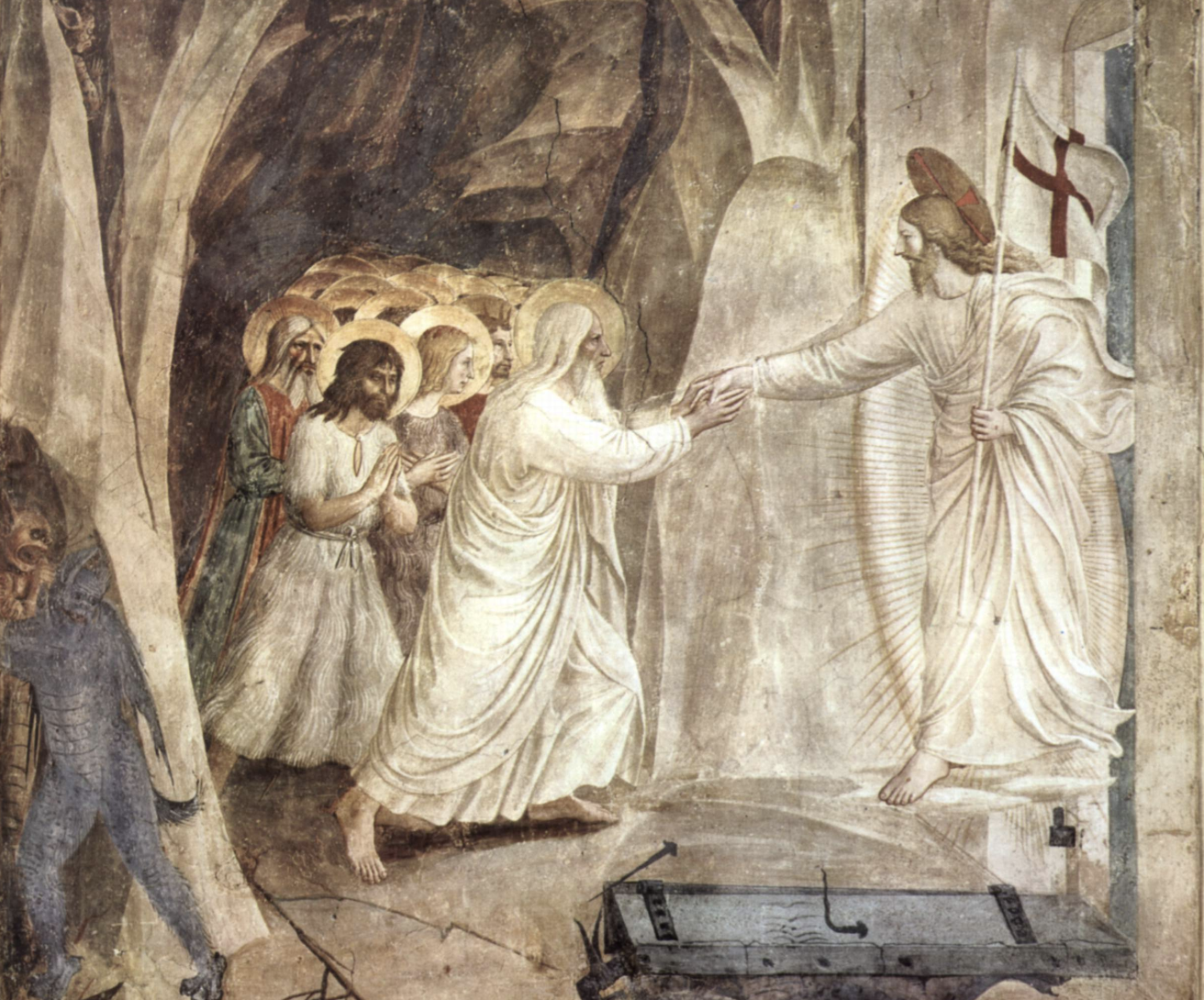Can We Ever Be Lost to God?

Insofar as no moment "in time" is lost on God (since God is not bound by time and moments to God do not, as to us, slip away), what happens to those moments wherein one "chooses" God if we are to believe that one could later become eternally separated from God?
Is a decision one makes later in time necessarily more meaningful than one made earlier in time? Does it "undo" or "offset" the earlier one before the eyes of an adjudicating God?
If I make a promise to someone and mean it genuinely, then later decide to break it, I'm guilty. But I'm not guilty for the duration of time I kept my promise (before I broke it). Guilt is pronounced as a sort-of final calculation, but it's independent of the dynamic of time insofar as no consideration is given to how long I kept my word before I broke it. The only time-dynamic that matters is (of course) whether I made my promise before I broke it.
But insofar as God is outside of time and our communion with God (if we truly have it) in one moment is not lost simply because it is later forgotten by us, then there is no such thing as "eternal separation" from God. In other words, there is always both guilt and innocence – "let both grow together until the harvest." This must necessarily be so. And so long as there is innocence (analogizing this dichotomy with our relationship to God), there is communion with God.
(This is not a summary of anything I've read. It simply occurs to me during meditation on the notion of "timelessness.")
I suppose one response might be that those moments wherein we reject God are also not lost to God, either. And so there is no such thing as eternal union with God. We are suspended, then. But we've at least done away with the idea that we might be "eternally separated" from God.
So what tips the scales in the end, then? Seems to me like it would have something to do with the nature of the party on the other side of the "transaction" here, which is God. And God so loves the world.





